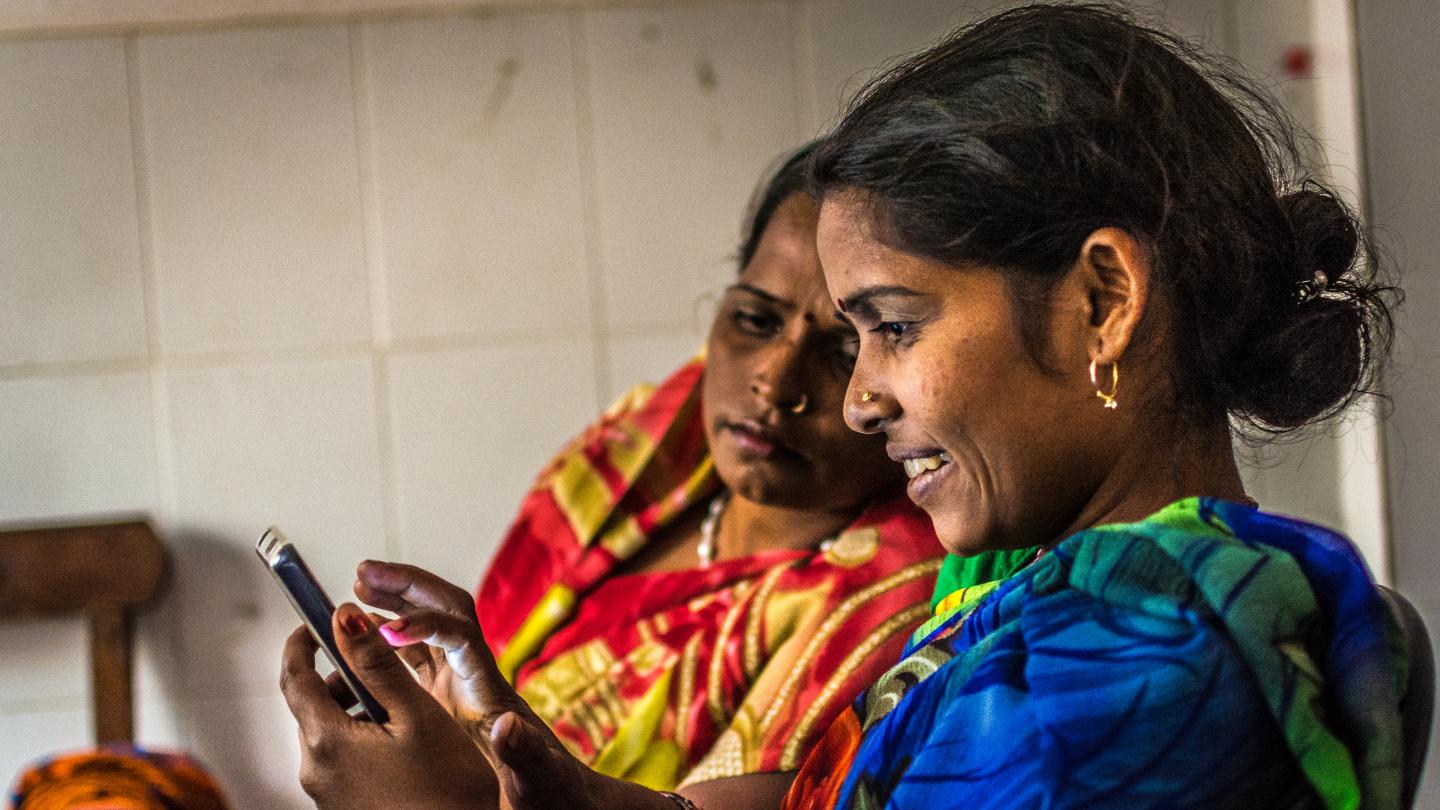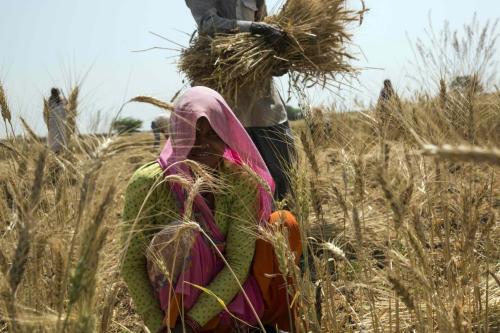Research to understand and increase female labor force participation
India has one of the world’s lowest rates of women in the workforce. Low female labor force participation – especially in rural areas – constrains India’s economic growth and limits women’s autonomy. But while these challenges are driven in part by conservative beliefs about gender roles, it is not fully clear how these norms function or how they might be changed.
Although financial empowerment provided economic and social benefits for all women, we found that it was particularly powerful for women who (prior to the intervention) faced higher constraints to labor force participation; these women experienced both greater and longer-term increases in labor force participation and increased household bargaining power.
Beginning in 2013, a team including researchers from Inclusion Economics at Yale University and Inclusion Economics India Centre has worked with government officials in the state of Madhya Pradesh to analyze how boosting rural women's financial control over their income can expand autonomy and affect female labor force participation. The project uses a relatively simple intervention, providing bank accounts and a basic account training to a sample of poor women in rural parts of the state, then linking their bank accounts for direct deposit of wages from the Indian government’s national workfare program, the Mahatma Gandhi National Rural Employment Guarantee Act (MGNREGA). Findings suggest that having their own bank accounts, and knowing how to use them, led women to work more outside the home and liberalized their beliefs about the acceptability of women’s work outside the home. In light of Covid-19, the team is now planning a long-run follow-up survey to reconnect with participants and assess how and whether the pandemic has affected women's well-being as well as broader gender norms.



